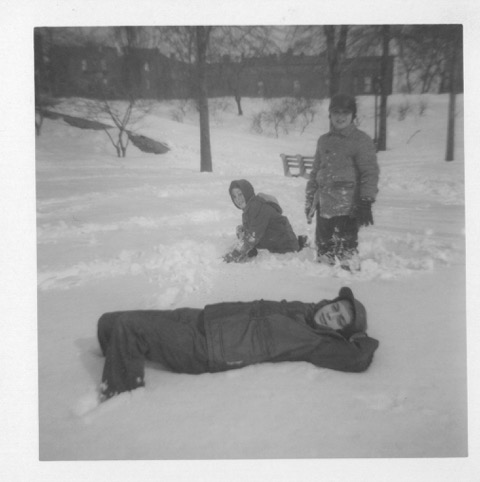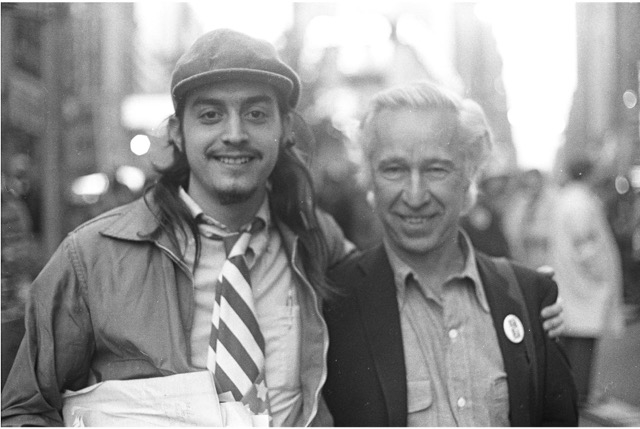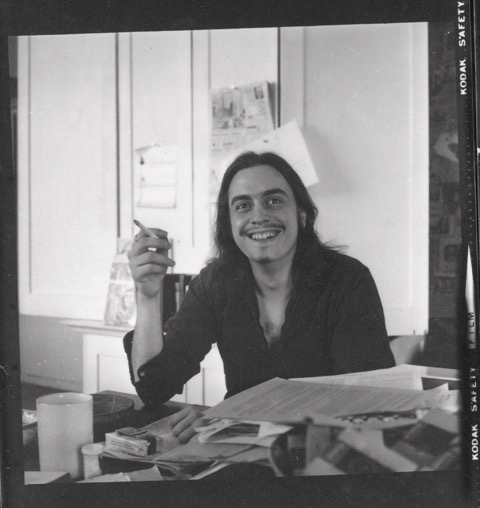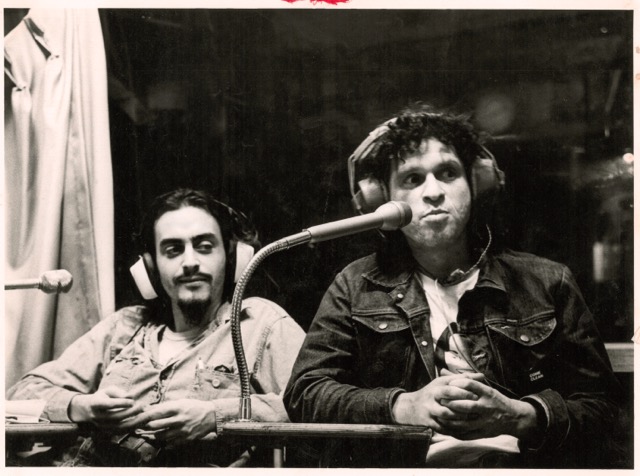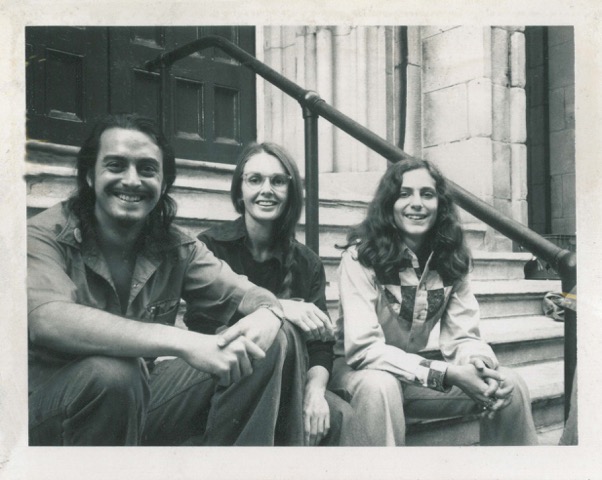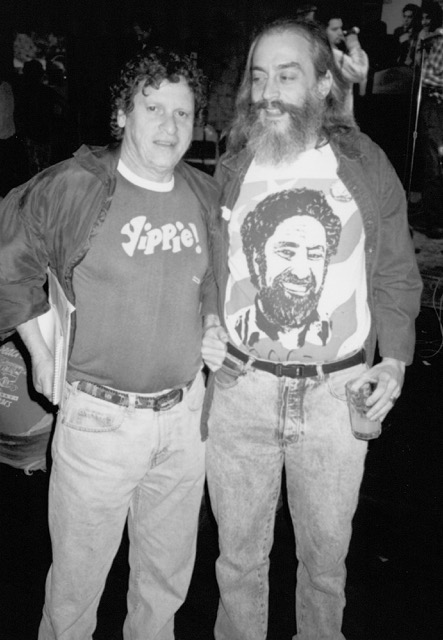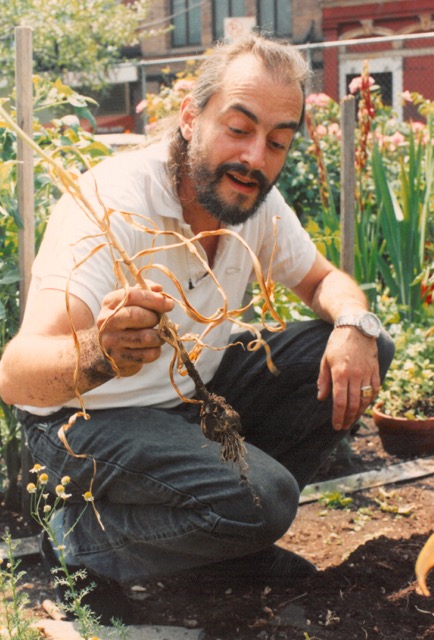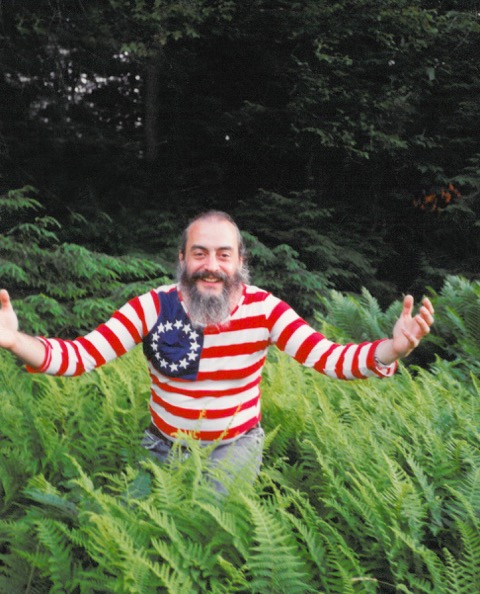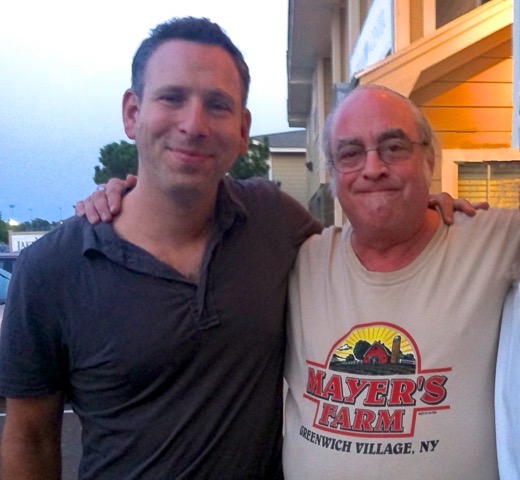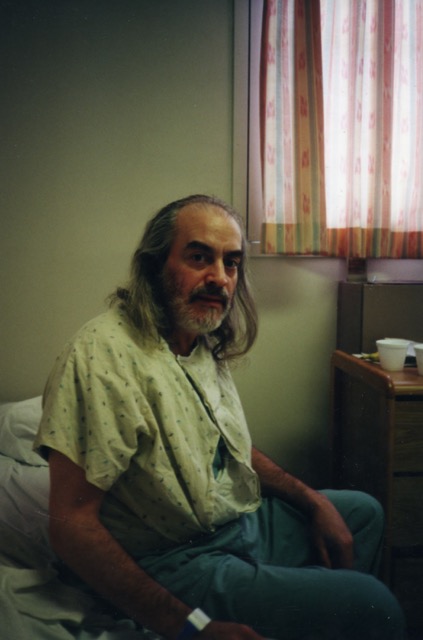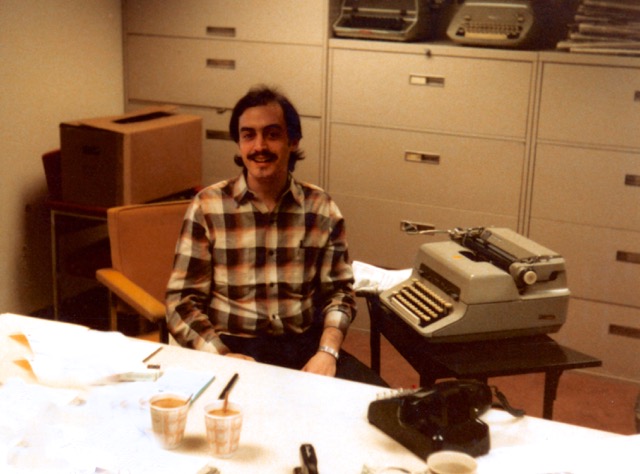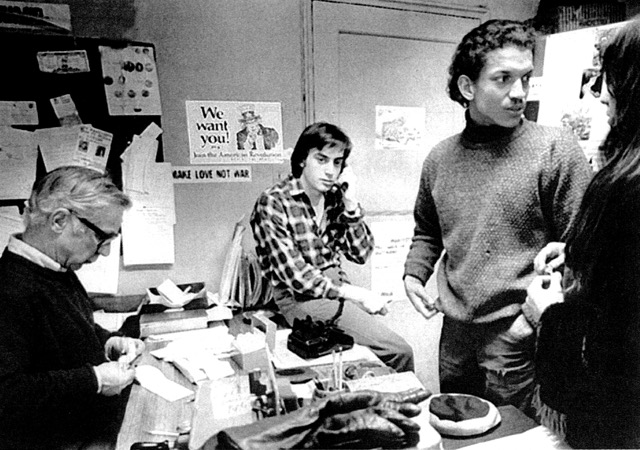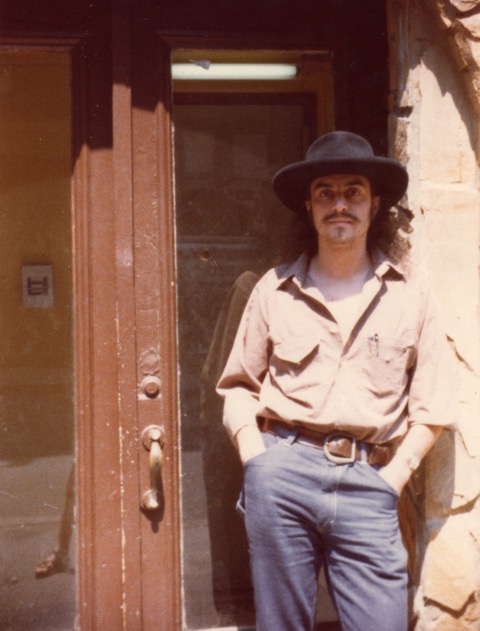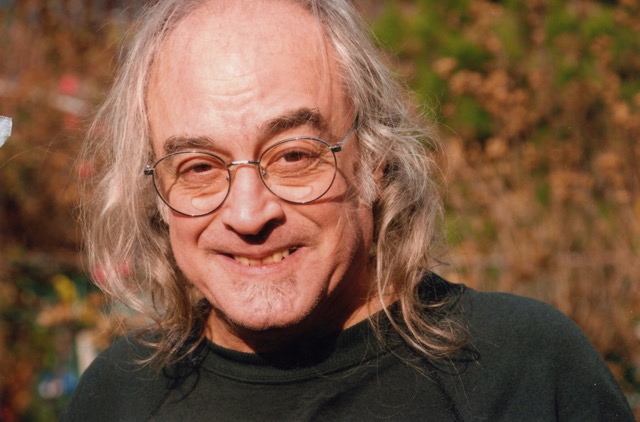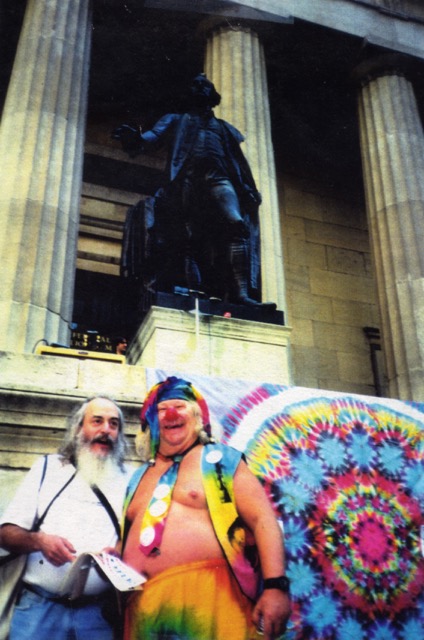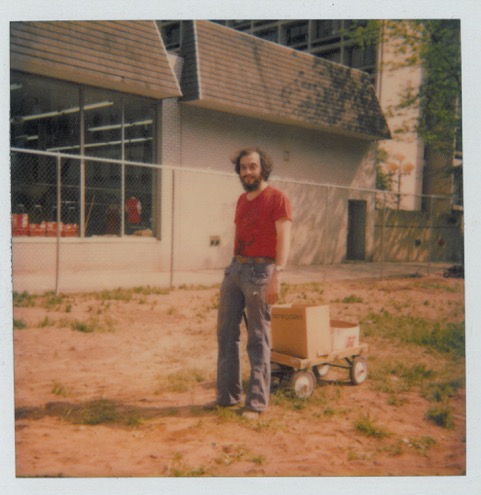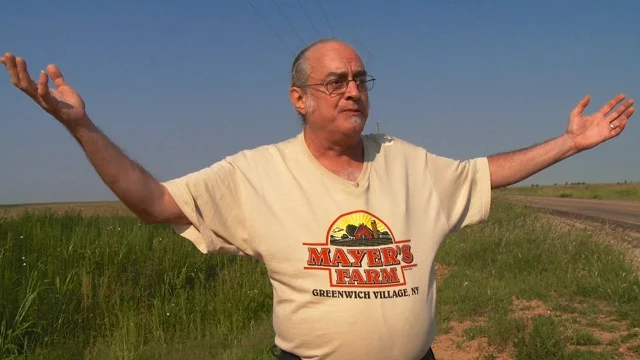Suicide is a tragedy that is never simple and straightforward. For Mayer, I believe there were a number of factors that came together to make ending his life a viable option. Perhaps the most operative factor was his life long depression. As a young man he persevered through the difficult times, aided by a close working relationship with his psychiatrist and the support of the community he found in the anti-war movement. By the mid 1970s, the war ended and Mayer’s therapist died in a car accident, leaving him without the support system on which he had so depended. Unmoored, Mayer began to rely more on self medicating through drugs and alcohol; providing temporary “anesthesia,” but leading to a cycle of depression and dependence that lasted until his death.
Psychologists have long regarded suicide as being contagious — that is, it is a behavior which is prone to being copied or imitated. Quite a few people in Mayer’s life made the tragic decision to end their own lives. In the late 1970s Mayer’s friend and legendary troubadour of the ant war movement, Phil Ochs, succumbed to his mental illness and alcohol addition. More impactful in Mayer’s trajectory perhaps was the well known photo taken in 1971 of young Mayer sitting between Yippie founder Abbie Hoffman and High Times Magazine founder Tom Forcade. Mayer referred to that photo as "two suicides and a procrastinator", as both Forcade and Mayer’s close friend and mentor Hoffman took their lives. Hoffman’s first wife, as well as his daughter— both of whom Mayer knew well, also killed themselves. I believe that the suicide of these people so close to made this decision a real possibility for him.
Similarly I believe that Mayer’s politics, while not the cause of his decision to end his life, were clearly a contributing factor. As stated in Left on Purpose, Mayer looked at everything from a political perspective. Mayer defined himself through his free thinking and his rebelliousness. (There was a time when the Hippies in San Francisco tried to “rebrand” themselves as “freemen”). The fact that suicide is a taboo of church and state no doubt made it more than a personal act for Mayer and turned to into a statement.
Lastly, Mayer also felt an increasing sense of isolation in this age of ever advancing technology. Thought he did still have friends who cared about him deeply, he felt unequipped to be part of the changing social justice movement that had previously so defined his life but that now relied on digital communication. Mayer prided himself on being an organizer. Greenwich Village was just that— a community of people who met in the park, at the bars, clubs and churches. As the age of email and Twitter advanced Mayer felt more and more disconnected.




